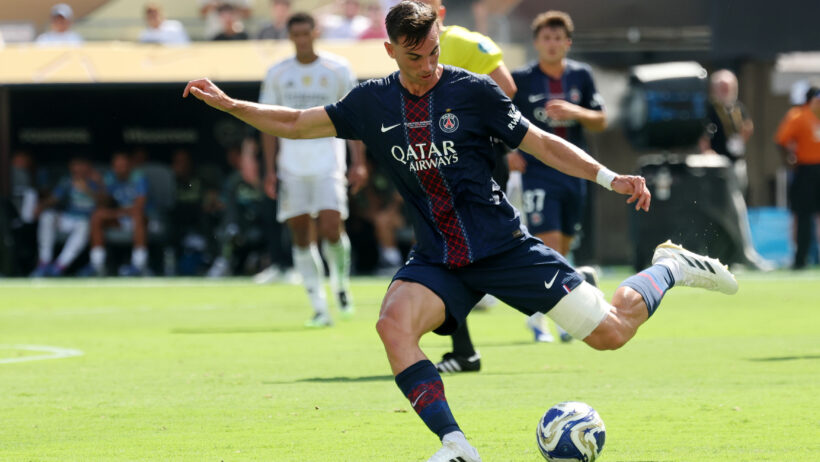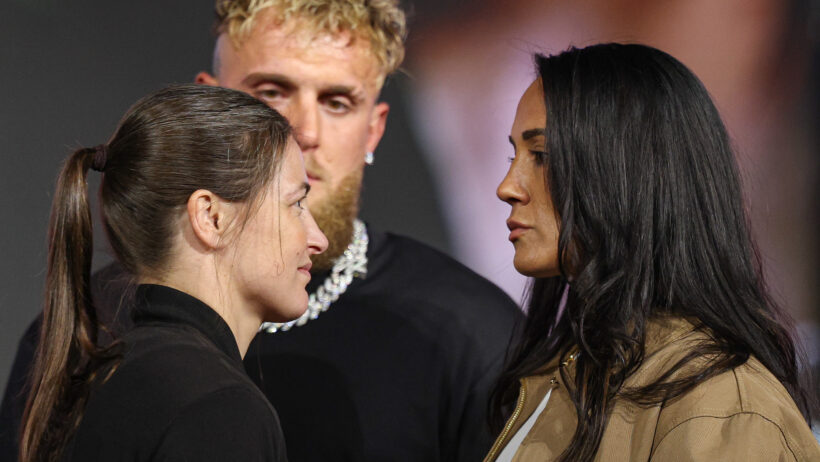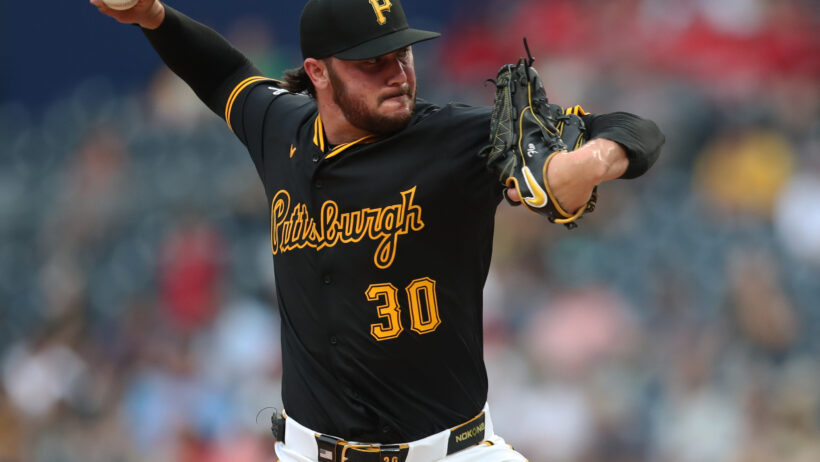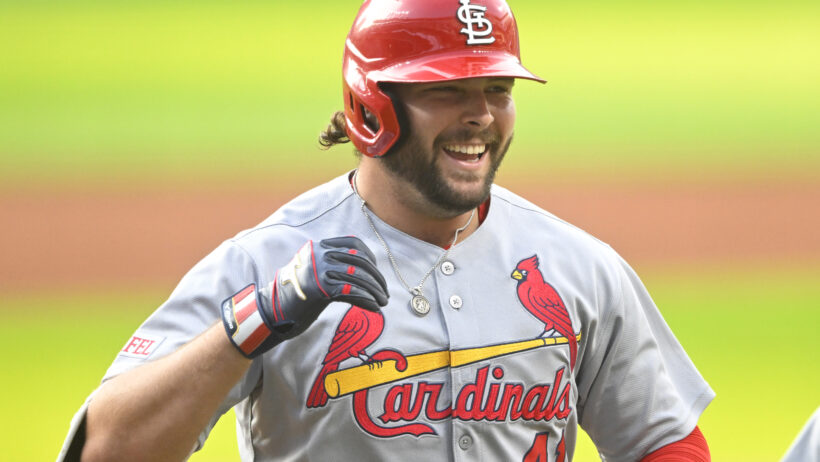Dodgers vs Red Sox 2018 World Series Price
By Sascha Paruk in MLB Baseball
Updated: April 21, 2020 at 10:31 am EDTPublished:
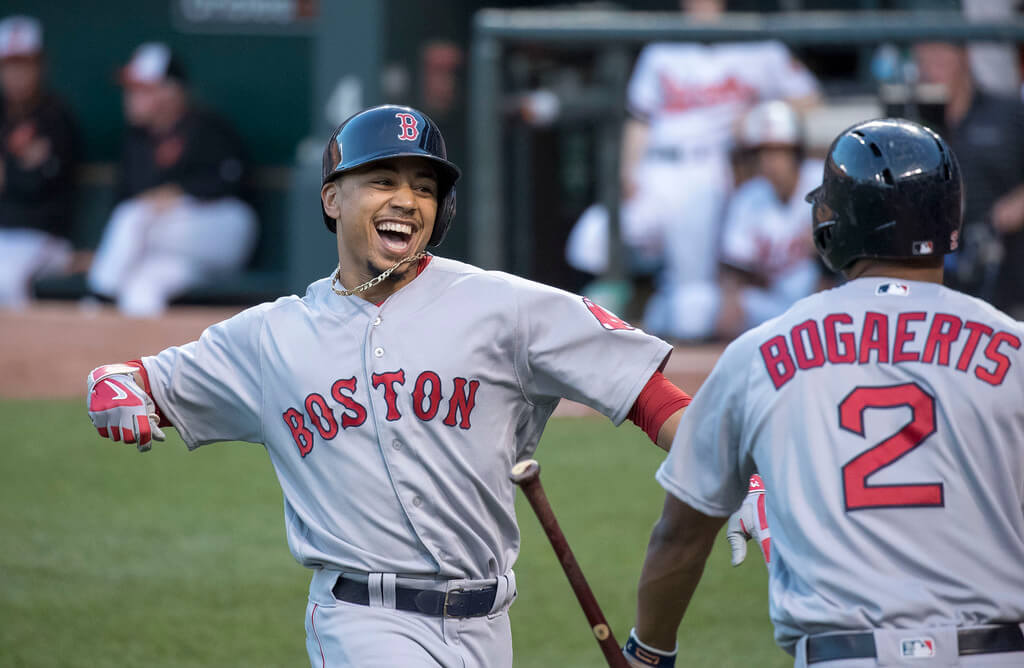
- The 2018 World Series is a matchup between LA’s dominant pitching and Boston’s untamable bats.
- The Red Sox are heavily favored to win their first World Series since 2013.
- But with Chris Sale at less than 100%, where does the value lie for World Series bettors?
A convincing 5-1 win over Milwaukee in Game 7 of the NLCS has put the LA Dodgers back into the World Series for the second straight year, where they will face the team with the best record in all of baseball, the Boston Red Sox, who are fresh off a 4-1 ALCS rout of Houston.
Before the best-of-seven kicks off on Tuesday (Oct. 23rd, 8:09 PM ET), get the series odds, head to head statistical comparison, probable pitching matchups, and expert betting advice.
Dodgers vs Red Sox World Series Odds
| Team | Odds |
|---|---|
| Los Angeles Dodgers | +138 |
| Boston Red Sox | -158 |
The 2018 World Series odds opened with Boston at -135 and Los Angeles at +115. The early bettors have hammered the Red Sox, moving their odds all the way to -158 as of Monday morning.
At -158, Boston’s implied win probability is a shade over 61% (61.2% to be precise). The Dodgers’ implied win probability at +138 is just 42%.
Before breaking down the matchup and finding the best value, let’s retrace our steps and look at how the teams got here.
Path to the World Series
Los Angeles Dodgers
The Dodgers were extremely impressive in a “gentleman’s sweep” over Atlanta in the best-of-five NLDS, outscoring the Baby Braves 20-7 in the four games. The NLCS against Milwaukee was much tighter. LA was actually outscored by one run in the seven-game series and were held to just 3.3 runs per game by the Brewers’ surprisingly strong starting rotation and powerful bullpen.
In the end, LA’s own elite pitching staff saved the day, limiting the Brewers to just four runs in Games 4, 5, and 7 combined (all Dodger wins).

Boston Red Sox
The Red Sox’ postseason has been a continuation of their regular season, i.e. complete and utter domination, especially at the plate. Their relentless batting order pounded out 27 runs in a four-game ALDS win over the Yankees (largely thanks to a 16-1 win in Game 3).
That was followed by a 4-1 series win over defending champion Houston in the ALCS. After dropping Game 1 (7-2), Boston roared back, winning four straight (including three on the road) by a 27-14 combined score.

Head to Head Statistical Comparison
| 92-71 (7th in MLB) | RECORD (REG. SEASON) | 108-54 (1st in MLB) |
| +194 (3rd) | RUN DIFFERENTIAL (REG. SEASON) | +229 (2nd) |
| 3.91 | RUNS SCORED PER GAME (PLAYOFFS) | 6.22 |
| 2.91 | RUNS ALLOWED PER GAME (PLAYOFFS) | 3.88 |
| .250 (14th) | TEAM BATTING AVG. (REG. SEASON) | .268 (1st) |
| .218 | TEAM BATTING AVG (PLAYOFFS) | .252 |
| 235 (2nd) | HOME RUNS (REG. SEASON) | 208 (9th) |
| 13 | HOME RUNS (PLAYOFFS) | 9 |
| .774 (3rd) | OPS (REG. SEASON) | .792 (1st) |
| .691 | OPS (PLAYOFFS) | .745 |
| 3.19 (2nd) | STARTING PITCHER ERA (REG. SEASON) | 3.77 (8th) |
| 3.86 | STARTING PITCHER ERA (PLAYOFFS) | 3.92 |
| 3.72 (8th) | BULLPEN ERA (REG. SEASON) | 3.74 (9th) |
| 1.30 | BULLPEN ERA (PLAYOFFS) | 3.62 |
There’s a distinct trend in the stats above. The Red Sox have the edge in every batting stat (except home runs) while the Dodgers have the edge in every pitching stat.
Even against Houston’s historically dominant pitching staff, Boston’s MLB-leading offense (876 runs scored) was able to score 29 runs in five games (5.8 RPG). Surprisingly, they were did so while getting little production from AL MVP favorite Mookie Betts, who is slashing just .205/.295/.282 with a .578 OPS and no home runs in the playoffs.
Boston’s other MVP contender, JD Martinez, has been solid (.313 BA, .946 OPS, 2 HR, 9 RBI) while the role players have really stepped up in October. Sophomore Rafael Devers is hitting .350 with a .909 OPS and 7 RBI and Brock Holt is at .333 BA, 1.145 OPS, and 6 RBI.
ALCS MVP Jackie Bradley recovered from a terrible series against the Yankees (.167 BA, .583 OPS, 0 RBI) by hitting .333 with a 1.067 OPS, 2 HR, and 9 RBI against Houston and providing his usual stellar defense.

The Dodger offense, hot and cold all regular season, has been just that in the playoffs, as well. The order was hot against Atlanta and then cooled off considerably against Milwaukee. Concerningly, Manny Machado (.297 BA, .905 OPS in reg. season vs .250 BA, .813 OPS in playoffs), Justin Turner (.312 BA, .924 OPS in reg. season vs .279 BA, .739 OPS in playoffs) and Max Muncy (.263 BA, .973 OPS in reg. season vs .182 BA, .736 OPS in playoffs) are all hitting well below their regular-season averages in October.
On the bright side, the mercurial Yasiel Puig is hitting the cover off the ball (.333 BA, .962 OPS in playoffs) and Chris Taylor is playing the best baseball of his four-year career (.360 BA, 1.067 OPS in playoffs), building on his strong postseason showing last year.
Dodgers vs Red Sox Probable Pitching Matchups*
| Clayton Kershaw (LHP, 2.73 ERA, 1.04 WHIP) | Game 1 | Chris Sale (LHP, 2.11 ERA, 0.86 WHIP) |
| Hyun-Jin Ryu (LHP, 1.97 ERA, 1.01 WHIP) | Game 2 | David Price (LHP, 3.58 ERA, 1.14 WHIP) |
| Walker Buehler (RHP, 2.62 ERA, 0.96 WHIP) | Game 3 | Nathan Eovaldi (RHP, 3.81 ERA, 1.13 WHIP) |
| Rich Hill (LHP, 3.66 ERA, 1.12 WHIP) | Game 4 | Rick Porcello (RHP, 4.28 ERA, 1.18 WHIP) |
*All stats from 2018 regular season.
Both of the starting rotations look pretty ferocious on paper, but the Dodgers have to feel more confident in their top four heading into the series. Ace Clayton Kershaw has laid his postseason demons to rest, smothering the last one in Game 5 of the NLCS (7.0 IP, 3 H, 1 ER, 2 K, 0 BB). He now has a 2.37 ERA and miniscule 0.79 WHIP in the 2018 playoffs.
Boston’s ace, Chris Sale, is trending in the opposite direction. Since returning from injury on Sep. 11th, he has only pitched five-plus innings once, and that was in Game 1 of the ALDS against the Yankees, when he wound up with a pedestrian 5.1 IP, 5 H, 2 ER, 6 K, and 2 BB line.
Alex Cora trotted him out for Game 1 of the ALCS as well, and it was the only game of the series Boston wound up losing. Though Sale gave up just one hit, his control was way off, as he walked four and gave up 2 ER over 4.0 IP. That was followed by a brief stay at a local hospital for a stomach issue.
The Red Sox received some good news Monday regarding Chris Sale's stomach illness, as the left-hander was released from the hospital and is cleared to rejoin the team. https://t.co/OWHQz3QDVc pic.twitter.com/WQ54oA6JAe
— NESN (@NESN) October 15, 2018
Despite Sale’s recent struggles and illness, Cora has already announced that he’ll start Game 1.
The saving grace for Boston’s staff may be that their own playoff-jinxed starter, David Price, was able to exorcise some of his October demons in his last start. Price pitched 6.0 innings of three-hit, no-run ball in the deciding Game 5 of the ALCS, lowering his 2018 playoff ERA from 7.71 to 3.38 in the process.
That said, Price’s career playoff ERA is still a concerning 5.04 (compared to a 3.25 career reg. season ERA), which is almost a full run higher than Kershaw’s much-maligned playoff ERA (4.09).
Craig Kimbrel has a 7.11 ERA and 1.89 WHIP in 6.1 IP this postseason, surrendering at least one run in four of his five appearances.
The Dodgers also have to feel more confident in their relievers, who outpitched Milwaukee’s dominant pen in the NLCS. They have a 1.30 ERA as a group and four different relievers have pitched at least 3.0 innings without giving up a single earned run (Kenley Jansen, Pedro Baez, Dylan Floro, Caleb Ferguson).
The Red Sox’ middle relievers have been nothing short of exceptional, as well, thanks to Ryan Brasier (7.0 IP, 1.14 WHIP, 0 ER), Heath Hembree (3.2 IP, 1.09 WHIP, 0 ER), Matt Barnes (6.1 IP, 0.95 WHIP, ), and Joe Kelly (5.1 IP, 0.75 WHIP, 1.69 ERA).
However, locking down the ninth has been an adventure. The formerly automatic Craig Kimbrel has a 7.11 ERA and 1.89 WHIP in 6.1 IP this postseason, surrendering at least one run in four of his five appearances. The strikeouts are still there (11.8 K/9), but the control isn’t (6 BB). That makes for a concerning trend when you add in the 2017 postseason, when he gave up four hits and one walk over 2.0 IP (4.50 ERA, 2.50 WHIP) in the ALDS against Houston.
2018 World Series Pick: Dodgers (+138)
The Red Sox are favored and they should be. They have been the best team in baseball since opening day; they have home-field advantage; their lineup has been more consistent; and (most of) their relievers are peaking at the right time.
However, Los Angeles is the better value at +138.
The Dodgers’ staff may be the only one in the league that is better equipped than Houston’s to take down the mighty Red Sox. As the probable pitchers table above shows, LA will be trotting out three lefty starters: Clayton Kershaw, Hyun-Jin Ryu, and Rich Hill.
Boston’s win-loss record against left-handed starters this year was … 100 points lower than their overall winning percentage.
Boston’s win-loss record against left-handed starters this year was just 21-16 (.567 W%) in the regular season. That’s 100 points lower than their overall winning percentage of .667. According to FanGraphs, their league-leading batting average plummeted from .268 all the way to .250 (13th) against lefties. They are 3-0 against lefties in the playoffs, but the regular-season sample size is obviously much greater and more telling.
The games in Boston are also going to be frigid (~50° at first pitch in Game 1), which tends to keep scoring down. With scoring at a premium, keeping runners off the basepaths will be paramount. Edge Dodgers: LA’s pitching staff has walked just 31 batters in 100 IP this postseason, while striking out 111. Boston’s staff, on the other hand, has walked 40 in 81 IP while striking out a paltry 74.
Betting against the Red Sox has been a terrible proposition this year, but there’s no way to stomach -158 in this series. Boston doesn’t beat LAmore than 6 out of every 10 times. There’s a reason there wasn’t that much difference between these teams’ regular-season run differentials: they’re both stacked.

Managing Editor
Sascha has been working in the sports-betting industry since 2014, and quickly paired his strong writing skills with a burgeoning knowledge of probability and statistics. He holds an undergraduate degree in linguistics and a Juris Doctor from the University of British Columbia.
